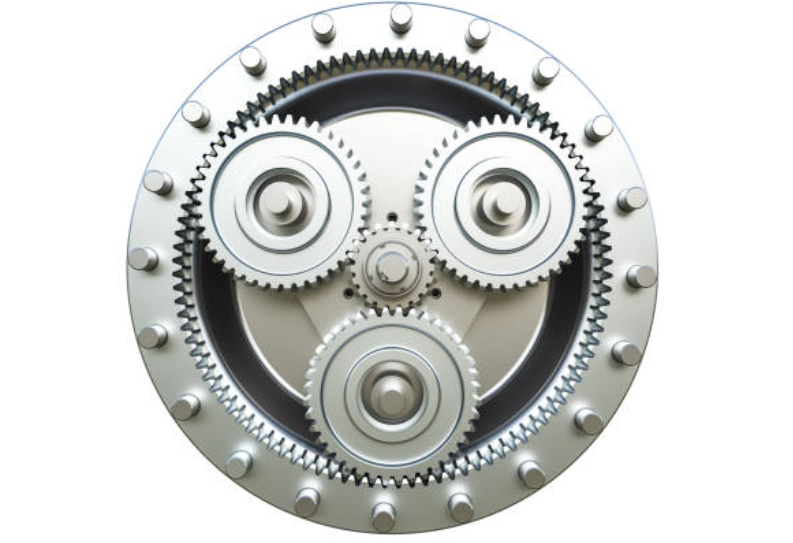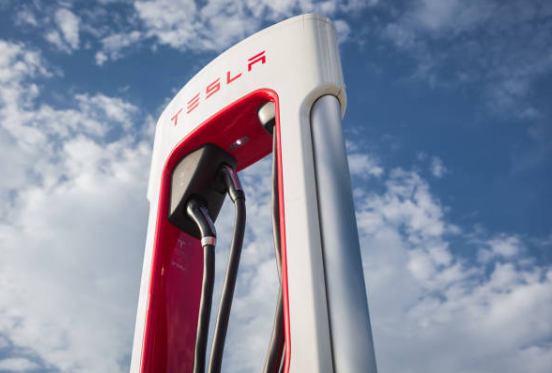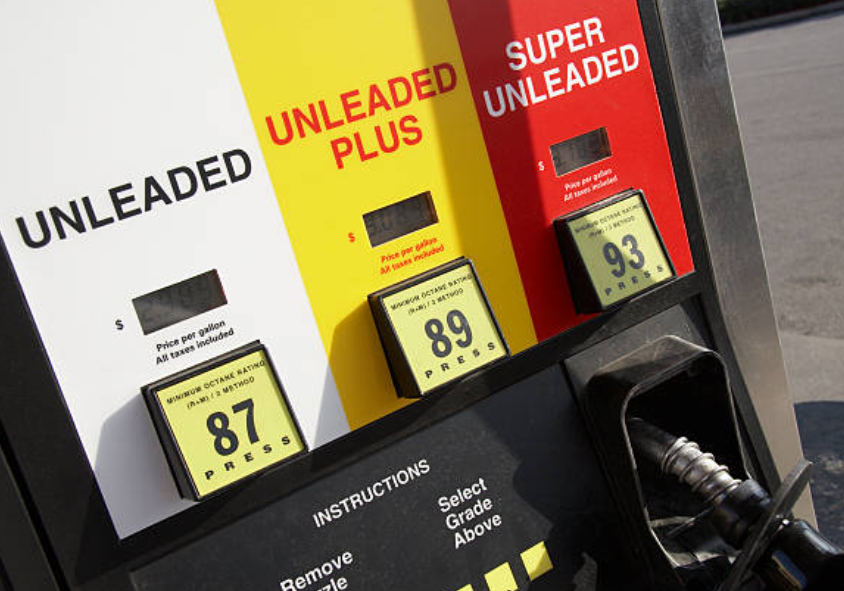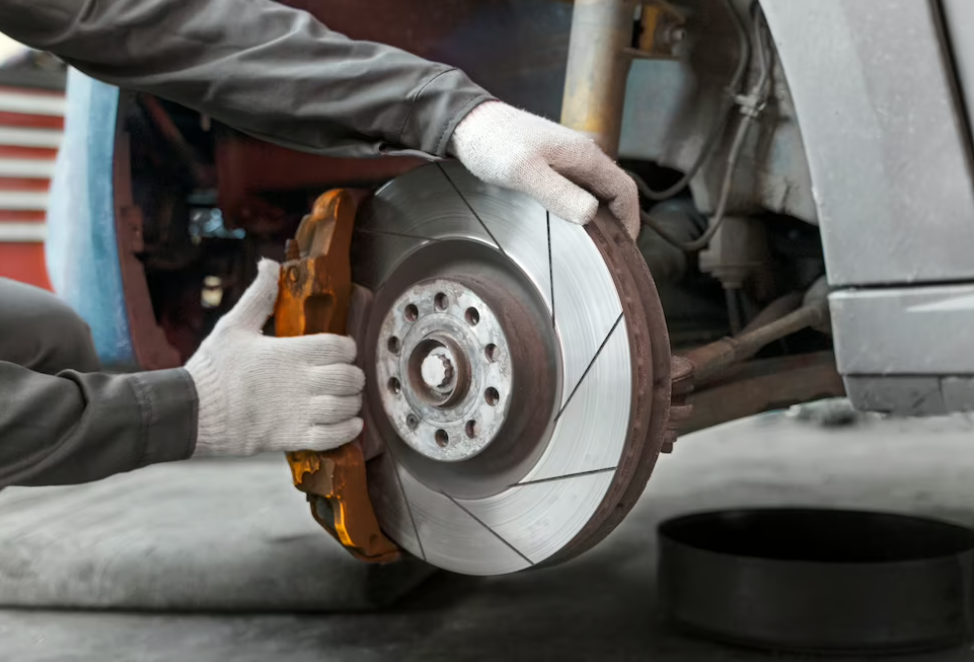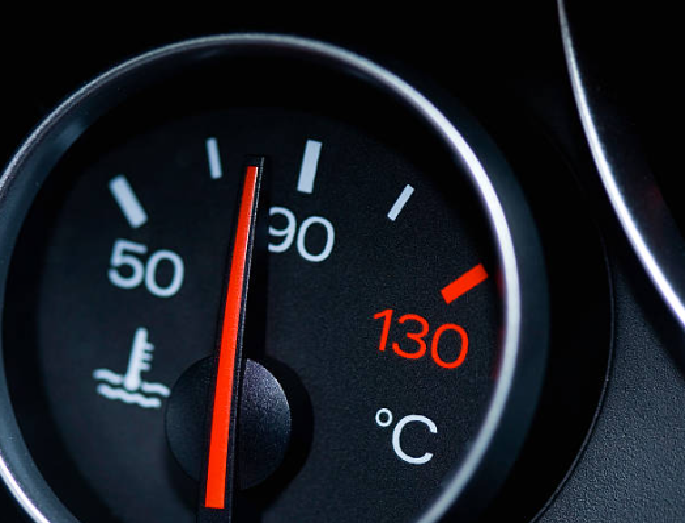What Is Flex Fuel?
Although many people still find the concept of flex-fuel vehicles rather perplexing, there has definitely been an increase in the buzz surrounding them in recent years. Even if the advantages of flex fuel are becoming more widely acknowledged, it is important to understand the fundamentals of this technology before making a purchase. Explore this blog post to learn more about flex fuel and how to properly balance its benefits and drawbacks.

What Is Flex Fuel?
Also referred to as flexible fuel, flex fuel is an alternative fuel blend that consists of gasoline mixed with ethanol or methanol. Flex-fuel vehicles (FFVs) are automobiles that are designed to run on flex fuel and have internal combustion engines that can run on different kinds of fuel. Apart from a few small modifications to the fuel system and engine, Kiplinger claims that flex-fuel cars are very similar to their gasoline-only equivalents.
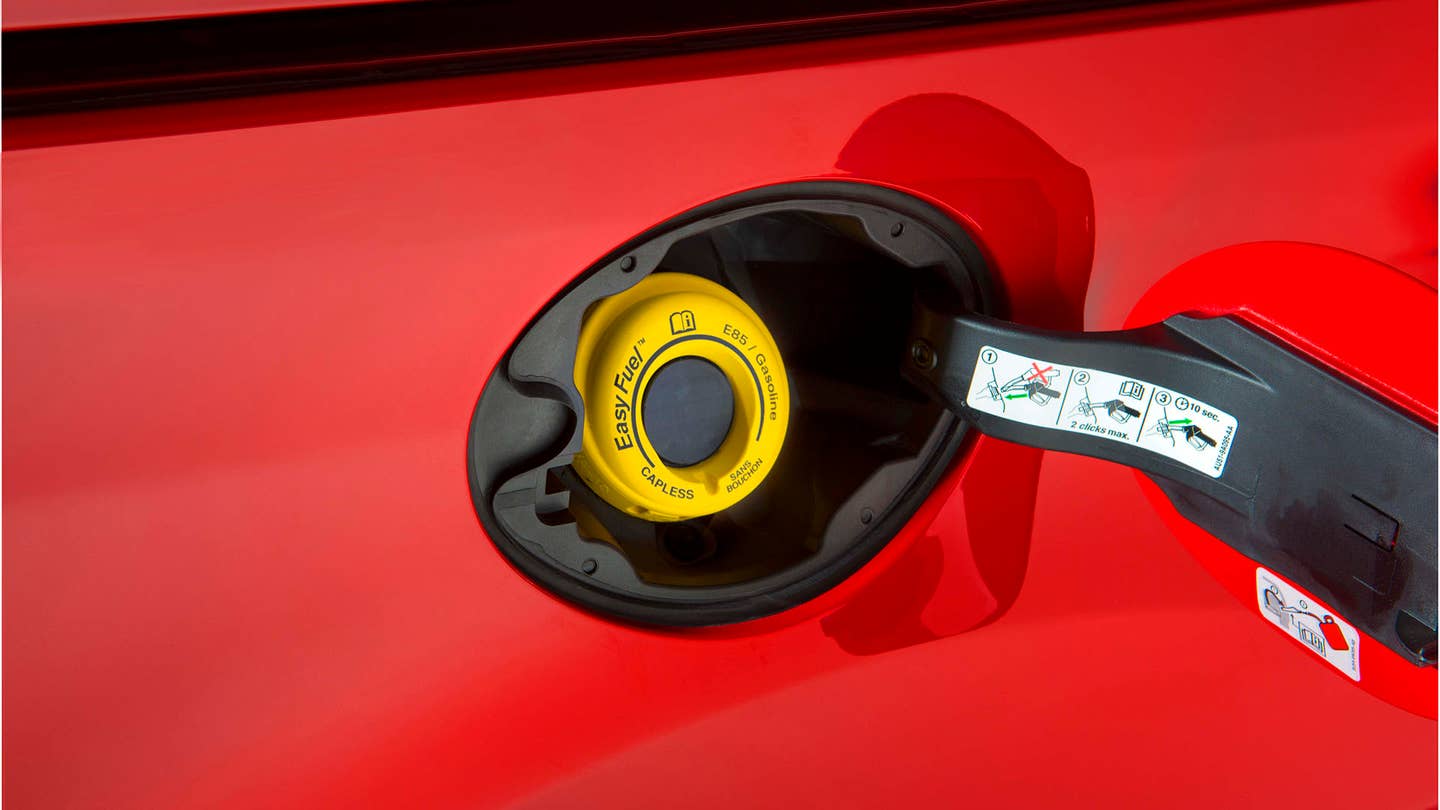
According to Car Bibles, this technology dates back to the early 1990s, thus it is not a recent invention. One of the first mass-produced cars with flex-fuel capability was the Ford Taurus from 1994. It was predicted that there were about 21 million flex-fuel vehicles in use as of 2017.
1. Environmental Friendliness
According to Car Bibles, people are becoming more concerned about how gasoline consumption affects the environment. Flex fuel's component ethanol burns more cleanly than gasoline, which lowers the amount of dangerous pollutants released into the sky. Additionally, flex fuel emits fewer greenhouse gases than regular gasoline, making it a more environmentally responsible fuel option.
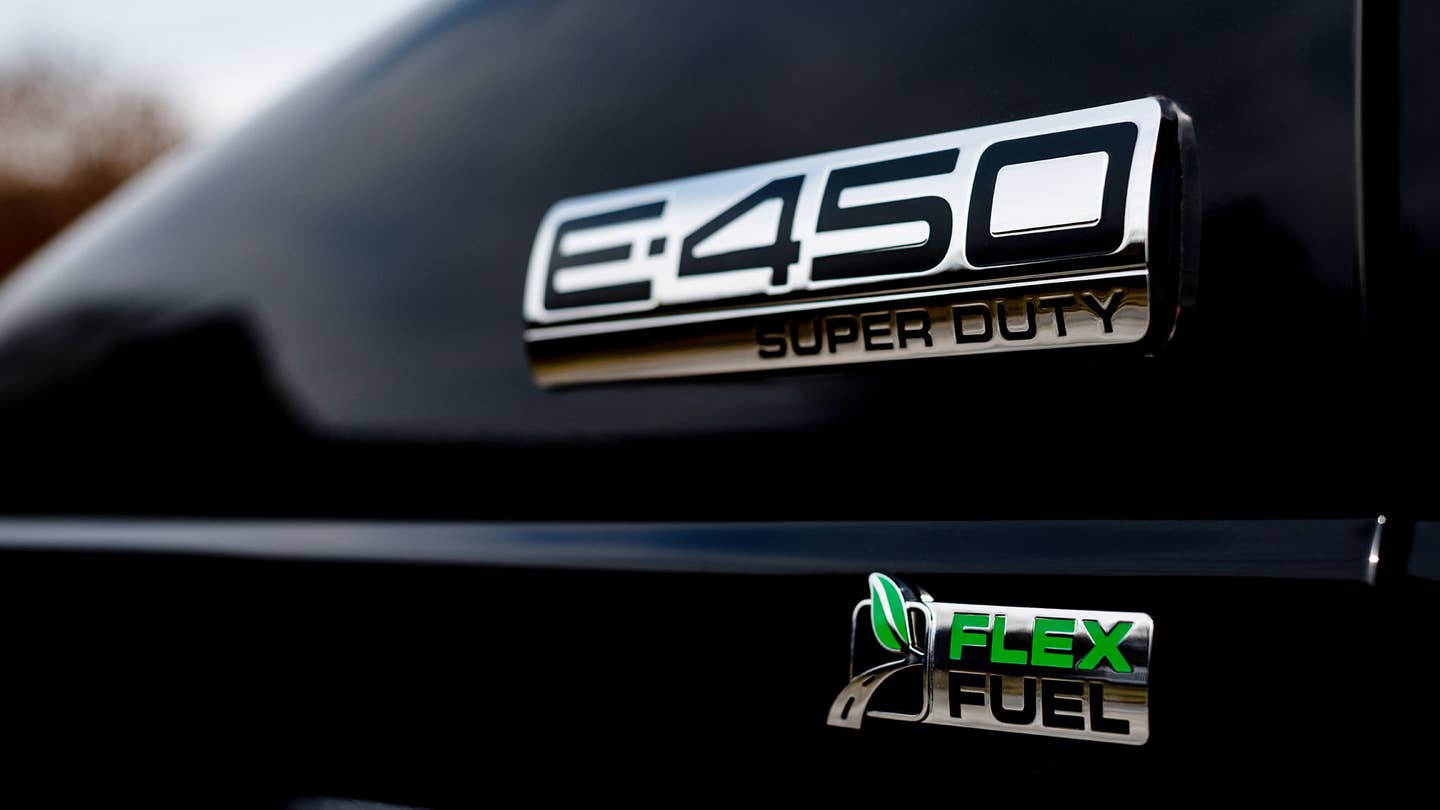
2. Versatile Combustion Capability
One of the primary benefits of utilizing a flex-fuel vehicle lies in its ability to combust varying proportions of fuel blends within the combustion chamber. Equipped with electronic sensors, these vehicles measure the blend's composition, while their microprocessors adjust fuel injection and timing accordingly.
3. Utilization of Advanced Technology
According to Car Bibles, modern flex-fuel vehicles incorporate sophisticated technological features such as electronic sensors. These advancements empower vehicles to dynamically adjust their operational parameters, detecting the fuel blend and making necessary adaptations. With ethanol blends ranging from 10 to 85 percent, contemporary flex-fuel cars optimize efficiency through intelligent adjustment mechanisms.
4. Sustainable Sourcing
A significant proportion of flex-fuel vehicles utilize ethanol, sourced sustainably from materials like cane sugar and corn. This sustainable production process positions ethanol as a viable alternative to dependency on foreign oil, fostering environmental and economic sustainability.
5. Tax Incentives
Drivers of flex-fuel vehicles are entitled to tax credits, offering substantial reductions or even exemptions from tax obligations. These incentives serve as further encouragement for the adoption of flex fuel technology, promoting its widespread use and environmental benefits.
6. Enhanced Performance
Contrary to common misconceptions, incorporating alternative fuel sources doesn't necessarily compromise vehicle performance. In the case of flex-fuel vehicles, there's often no loss in performance when using E85 fuel, with some even experiencing increased torque and horsepower. This improved performance underscores the efficiency and effectiveness of flex fuel technology in modern automotive systems.
While flex fuel offers numerous advantages, it's essential to consider its potential drawbacks before investing in a vehicle of this type.
1. Single Crop Dependency
While producing flex fuel from crops like corn and sugar has advantages for sustainability, there are drawbacks as well. The exclusive use of certain crops for the manufacture of flex-fuel limits their availability for other uses, which could result in higher costs for animal feed. Furthermore, during unfavorable harvest conditions, commodities like maize are susceptible to illnesses and weather variations like floods and droughts, which can cause price instability.
2. Risk of Engine Damage
For owners of vehicles, maintaining engine integrity is essential. Car Bibles has brought attention to the fact that ethanol's tendency to absorb impurities raises questions regarding engine corrosion and damage.
3. Fuel Efficiency
One major worry for drivers of flex-fuel vehicles is gas mileage. While some experts claim that these cars' mileage is on par with that of conventional gasoline-powered cars, others assert that the vehicles' fuel efficiency might be lower.
While ethanol raises the octane number of a car, its energy content is less than that of gasoline. As a result, 1.5 times as much ethanol is needed to provide the same energy levels, which lowers miles per gallon. However, because ethanol is usually less expensive than gasoline, the effects of lower fuel efficiency are lessened.
4. Limited Availability of Fueling Stations
Flex fuel could not be as widely available at gas stations as gasoline because of financial considerations. Currently, ethanol is only offered by a small percentage of gas stations nationwide, but as consumer demand for flex-fuel vehicles increases, this trend may change. Fortunately, a variety of gasoline-ethanol mixtures, from pure gasoline to 85 percent ethanol, may be used in contemporary flex-fuel vehicles. These cars are fitted with sensors that allow them to determine the composition of the blend and modify performance to make the vehicle compatible with a variety of fuel types.
Flex fuel vehicles offer comparable performance to their gasoline counterparts, with minor differences in fuel economy and horsepower. While ethanol blends may have slightly lower energy content than pure gasoline, advances in engine technology have minimized performance disparities. From a sustainability perspective, flex fuel significantly outperforms traditional gasoline in terms of carbon emissions and environmental impact.
What Are the Advantages of a Flex-Fuel Vehicle?
The primary advantage of a flex-fuel vehicle lies in its reliance on a predominantly renewable fuel source. Additionally, there's a minor enhancement in torque. Further insights into the effects of E85 utilization are elaborated in the report by the Oak Ridge National Laboratory.
Is Flex Fuel Beneficial or Detrimental?
The assessment of whether flex-fuel technology is advantageous or disadvantageous is subjective, as it aligns with certain lifestyles while not necessarily suiting others.
Can Flex Fuel Be Used in Conventional Gasoline Vehicles?
While it may be physically feasible, we strongly advise against using E85 in vehicles not specifically engineered for its use. If E85 is inadvertently added to your vehicle's fuel tank, it's recommended to dilute it by repeatedly refilling with regular gasoline during subsequent refuels or removing it using a fuel transfer pump.
The ongoing debates surrounding the advantages and disadvantages of flex fuel and flex-fuel vehicles persist, indicating a continuing interest in exploring ethanol as a viable and eco-friendly fuel option. With the increasing number of ethanol refining plants and the growing emphasis on environmental sustainability and cost-effectiveness, ethanol's role in the fuel industry is likely to expand. Even if transitioning to a flex-fuel vehicle isn't currently on your radar, it's worth considering for the future. As technology evolves, unforeseen advancements in flex-fuel vehicles may emerge, offering even more compelling reasons to embrace this technology.
Click on the following link to read another blog post: How A Portable Tire Inflator Works?


